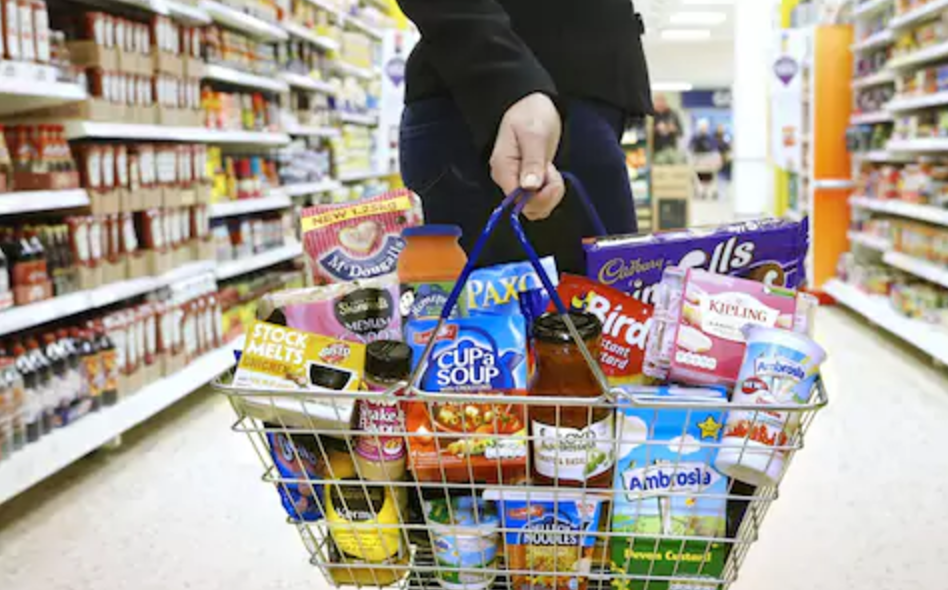We need to stop thinking about technology. Actually we need to stop using the word technology. A chair made from timber is a form of technology. Digital does not equal technology. There is no technology. Only evolution and an increasing rate of change. People just lives their lives with the things around them. If the things are good and useful (new or old) they will embrace them. Lots of these things happen to have micro chips in them. So what. Lots of things have timber and metal in them too.
What we need to be is anthropologists. If we truly want to understand we need to listen and observe without interrupting. If we interrupt, there’s a chance we’ll influence the flow of the previously reality – and change it. So we wont know the truth as it would have been before we arrived. The truth and flow of human life is technology agnostic and there is much much more to it than ‘things’ we use to live.






